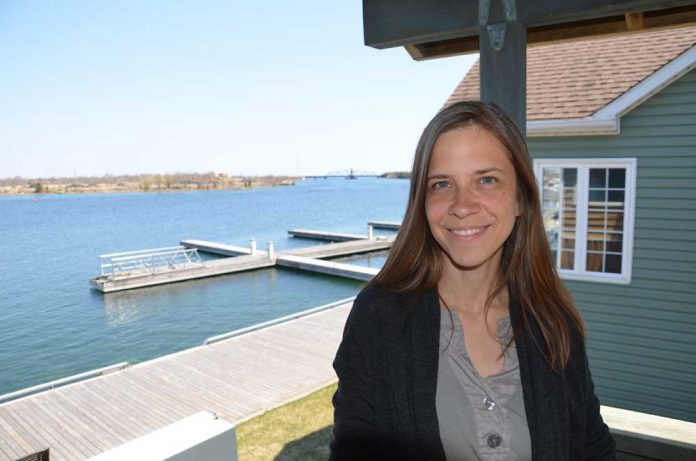A call for more studies and greater awareness
To the Expositor:
Kudos to Michael Erskine for his eye-opening article “Entire Island shoreline is under threat from aging oil pipeline” (May 16). The article led me to watch the PBS documentary “Beneath the Surface: The Line 5 Pipeline in the Great Lakes” on YouTube, which talks about the condition of the 65-year-old Enbridge pipeline. Despite Enbridge’s assurances, it sounds like an accident waiting to happen.
Then I went to the Graham Sustainability Institute website entitled Worst Case Oil Spill Straits of Mackinac (www.graham.umich.edu). A map there shows the potential spread of pollution along the entire south shore of Manitoulin and into the North Channel at the west end. Simulations show how the shifting currents in the strait could spread the pollution from leaks of up to 25,000 barrels. But in a 24-hour period 238,000 barrels goes through each of the twin lines. Would 25,000 barrels be the upper limit of a spill? In 2010, 23,000 barrels escaped into the Kalamazoo River. Cleanup of the spill cost over $1 billion. Some of the contaminated sludge had to be dredged out, which is presumably more contained in a river than in Lakes Huron and Michigan. I can’t even imagine how sludge with bitumen and benzene can be disposed of safely. They were lucky, though. The Kalamazoo River spill was in July. What might happen with a pipeline leak in winter when there is ice on the lakes?
In the full report one thing that struck me was that the study was based on the properties of mixed sweet oil, not dilbit, which is bitumen diluted with chemicals including benzene. The simulations showed the spread of mixed sweet oil at the surface. What happens when dilbit sinks and gets into the water column or covers the lakebed? Are Enbridge and the U.S. Coast Guard prepared to deal with that? Would they dredge Lakes Michigan and Huron like they dredged the Kalamazoo River? Would they even clean up dilbit in Canadian waters, or would taxpayers foot the bill?
In just a few days I’ve gone from blissful ignorance to deep concern about the risk that a pipeline leak in the Mackinac Strait poses to the Great Lakes and specifically to Manitoulin Island. We need more studies and greater awareness.
But this is far from the only risk posed by our dependence on fossil fuels, and the real answer is to wean ourselves off oil as quickly as possible. The fossil fuel giants like Enbridge and Kinder Morgan lobby to expand tar sands extraction and pipelines, and our federal government listens to them and for public consumption they spin a tale of a clean energy future while doubling down on bitumen from the sands of Alberta. Even worse, the Conservative candidate in the Ontario election, Doug Ford, would have us believe we should go full steam ahead with fossil fuels.
Imagine the south shore of Manitoulin black with toxic dilbit.
Jan McQuay
Mindemoya



